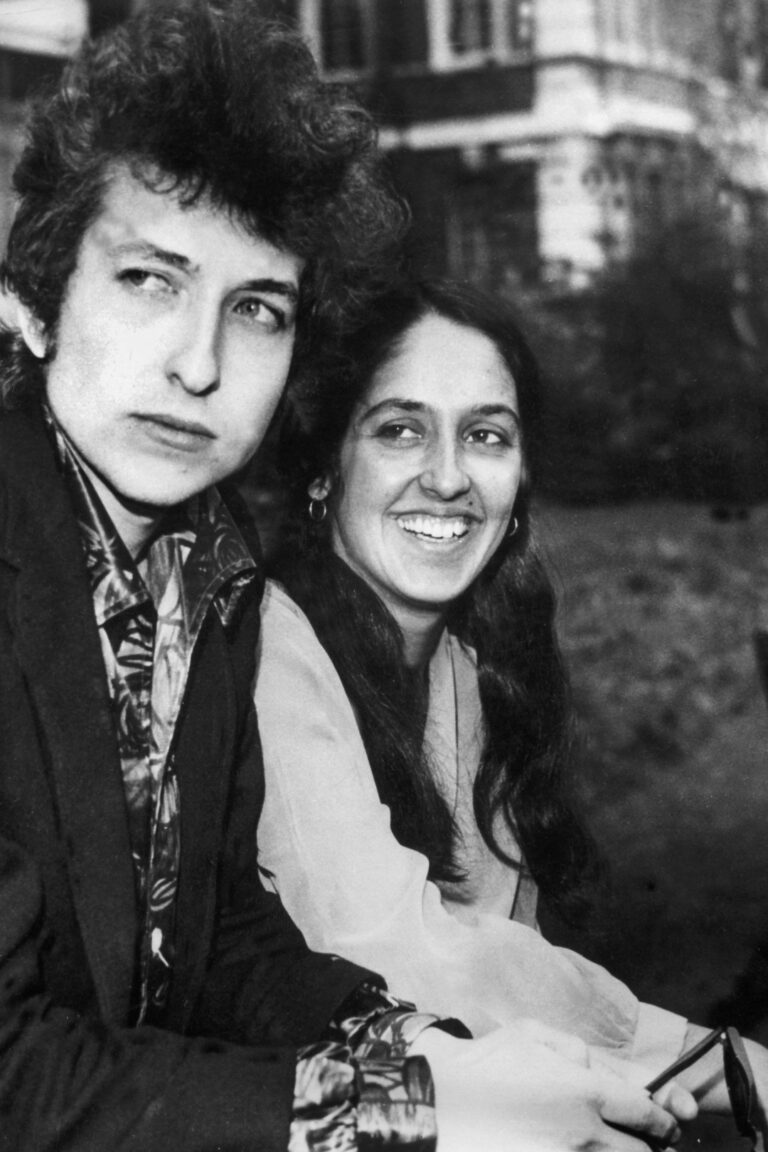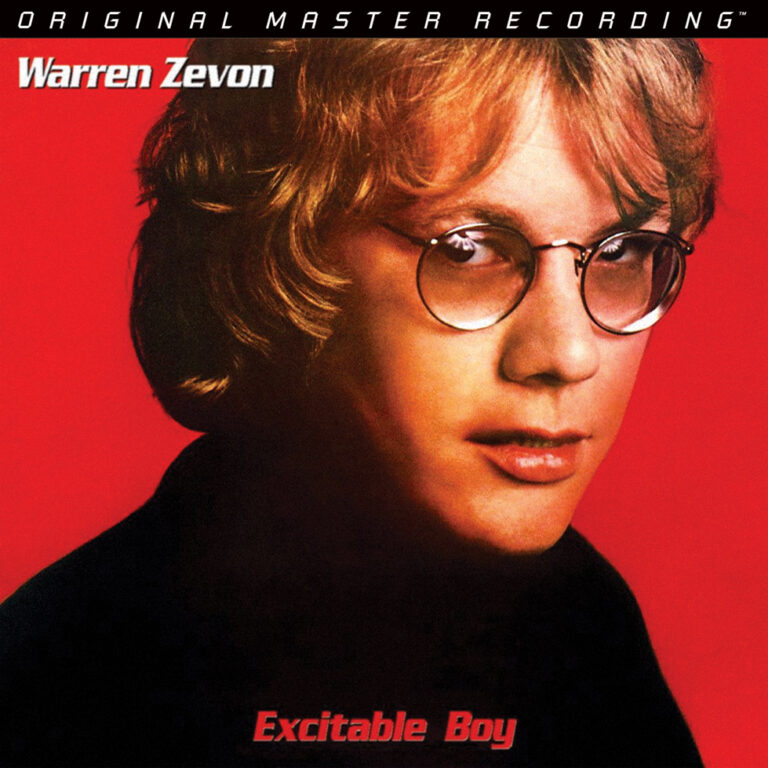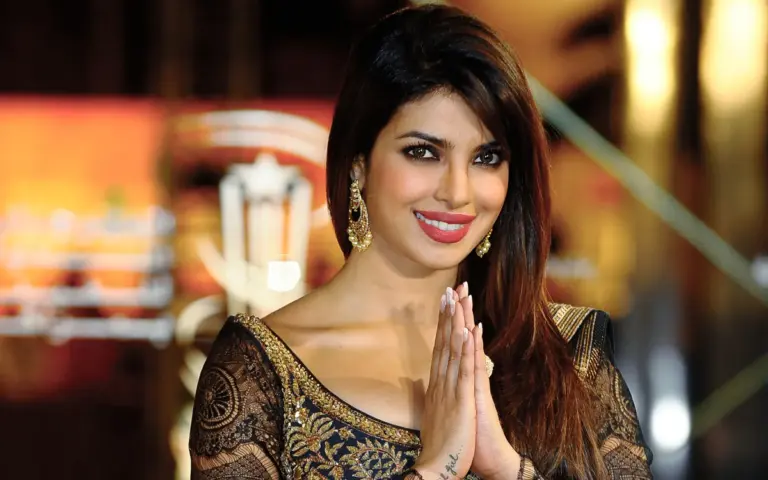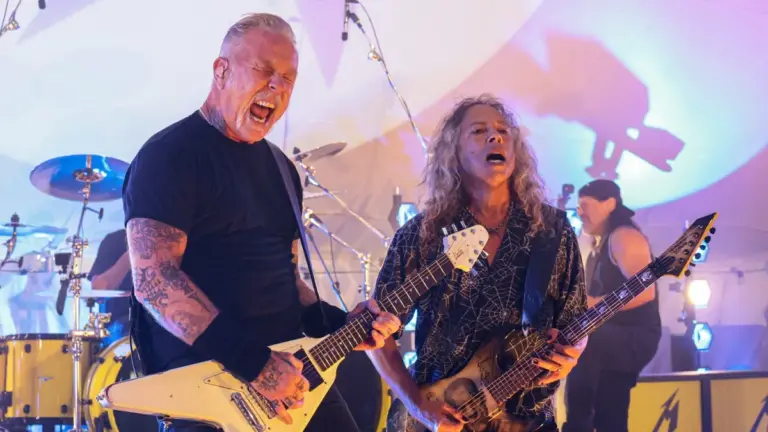
Introduction
The Eurovision Song Contest is one of the longest-running and most-watched music competitions in the world, captivating millions of viewers every year. Since its inception in 1956, Eurovision has served as a cultural touchstone, promoting unity and diversity through music across Europe and beyond. In recent years, the event’s relevance has grown, attracting a wider global audience and becoming a platform for both emerging and established artists.
The Evolution of Eurovision
Originally conceived to foster unity among European nations post-World War II, Eurovision has evolved dramatically over the decades. The format has expanded from a small gathering of seven countries to a spectacle featuring around 40 countries. Contestants represent their nations with original songs, showcasing a variety of genres, cultures, and languages. The event is not only a competition but also a celebration of creativity and artistic expression.
Recent Events and 2023 Highlights
This year’s competition, held in Liverpool, England, highlighted the ongoing challenges and resilience in the music industry. With a record number of viewers tuning in, the event saw unique performances that pushed artistic boundaries. Notable entries included a fusion of pop and traditional folk music, reflecting the growing trend of incorporating cultural elements into mainstream formats. Sweden, represented by Loreen, won the title with her powerful ballad, solidifying the country’s reputation as a Eurovision powerhouse.
The Impact of Eurovision
Eurovision holds significant importance not only as a musical event but also as a social phenomenon. It promotes cultural exchange, fosters friendships across borders, and provides a platform for marginalized voices. Many artists, like ABBA and Celine Dion, gained international fame after their participation, demonstrating Eurovision’s role as a stepping stone for global careers. Additionally, nations are increasingly using the contest to showcase their cultural heritage and modernize their national identities.
Looking Ahead
The future of Eurovision appears bright, with plans for greater inclusivity and innovation. As the contest continues to adapt to societal changes, there are discussions about integrating more digital formats and social media engagement. With the growing popularity of streaming platforms, Eurovision’s reach could extend even further, bringing in younger audiences who resonate with its value of unity through diversity.
Conclusion
In conclusion, the Eurovision Song Contest is more than just a music competition; it is a celebration of cultural diversity and artistic expression on a global scale. As it continues to evolve, Eurovision remains a beacon of hope, connection, and unity in a world that often feels divided. For fans and participants alike, the excitement and anticipation of this annual event remind us of the power of music to transcend boundaries and bring people together.






